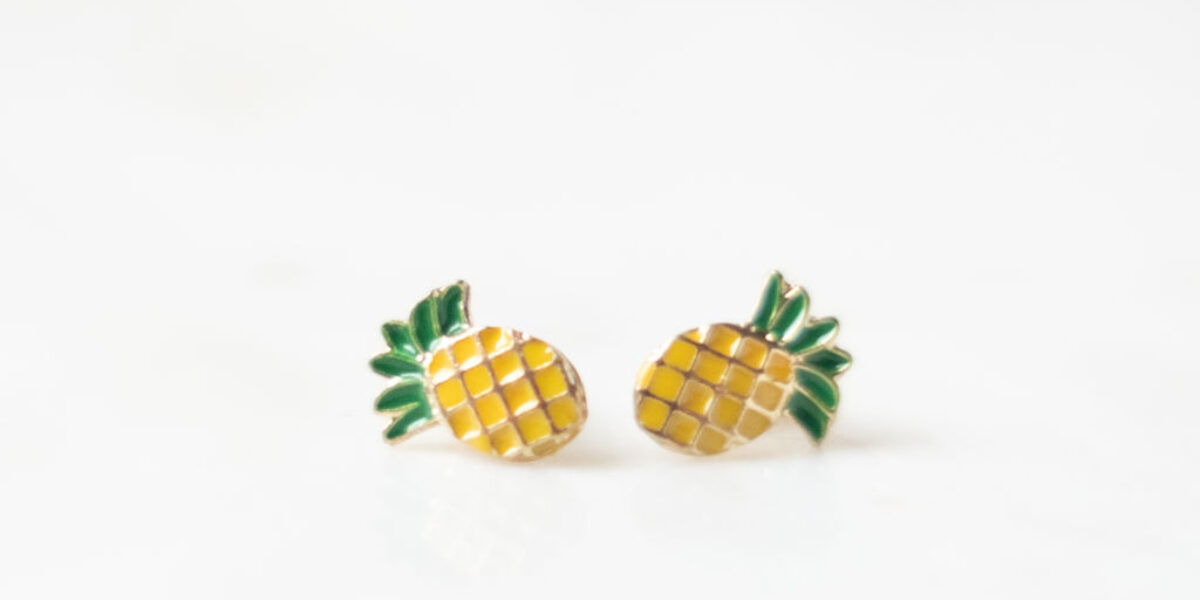73 year old woman who gives birth to twins sparks debate about age limits for IVF

A 73 year old woman, Mangayamma Yaramati, could be the oldest woman ever to conceive, having given birth to twin girls in southern India last week. Yaramati and her husband conceived using donated eggs and the husband’s sperm.
The decision to treat a woman in her 70s has drawn a great deal of criticism, as medical professionals have questioned the wisdom of treating a couple with a combined age of 155 (the father is 82 years old).
We thought it would be useful to discuss how medical professionals in the UK approach the issue of age when deciding whether to treat fertility patients.
Is there an age limit for fertility treatment in the UK?
In the UK, there is no legal upper age limit for people who are hoping to have a baby through IVF. However, licenced UK clinics follow guidelines provided by the Human Fertilisation and Embryology Authority (HFEA), which say that before offering treatment, clinics should consider the welfare of any child who will be born if the treatment is successful.
Age restrictions for NHS-funded fertility treatment
Fertility treatment is not available to everyone on the NHS, and patients will need to fulfil certain criteria to be eligible for funding. The National Institute for Health and Care Excellent (NICE) has provided recommendations, setting out who should qualify for IVF treatment on the NHS, and this includes age considerations. However, there is a ‘postcode lottery’ for patients, as it is ultimately the local clinical commissioning groups who decide eligibility, and they may impose more stringent qualification requirements.
Privately funded fertility treatment
Patients who aren’t eligible for NHS-funded treatment must pay privately for their treatment. Privately-funded clinics will decide whether they are able to treat patients based on a range of factors, and will consider the patient’s age when making their decision. When deciding on treatment options, clinics will follow their internal policies which will set out the treatment available to people in various age brackets.
Because the quality of a woman’s eggs reduces in her late 30s and early 40s, success rates for older women are higher when they are using donated eggs, and this is something that the clinics discuss with their patients when deciding on the best course of treatment.
If you would like to speak to one of our expert Fertility Solicitors please call us on 01202 525333 or email us at fertility@ellisjones.co.uk.
How can Ellis Jones help?
If you would like help or advice regarding from one of our specialists, please do not hesitate to contact us on 01202 525333.
Get in touch













